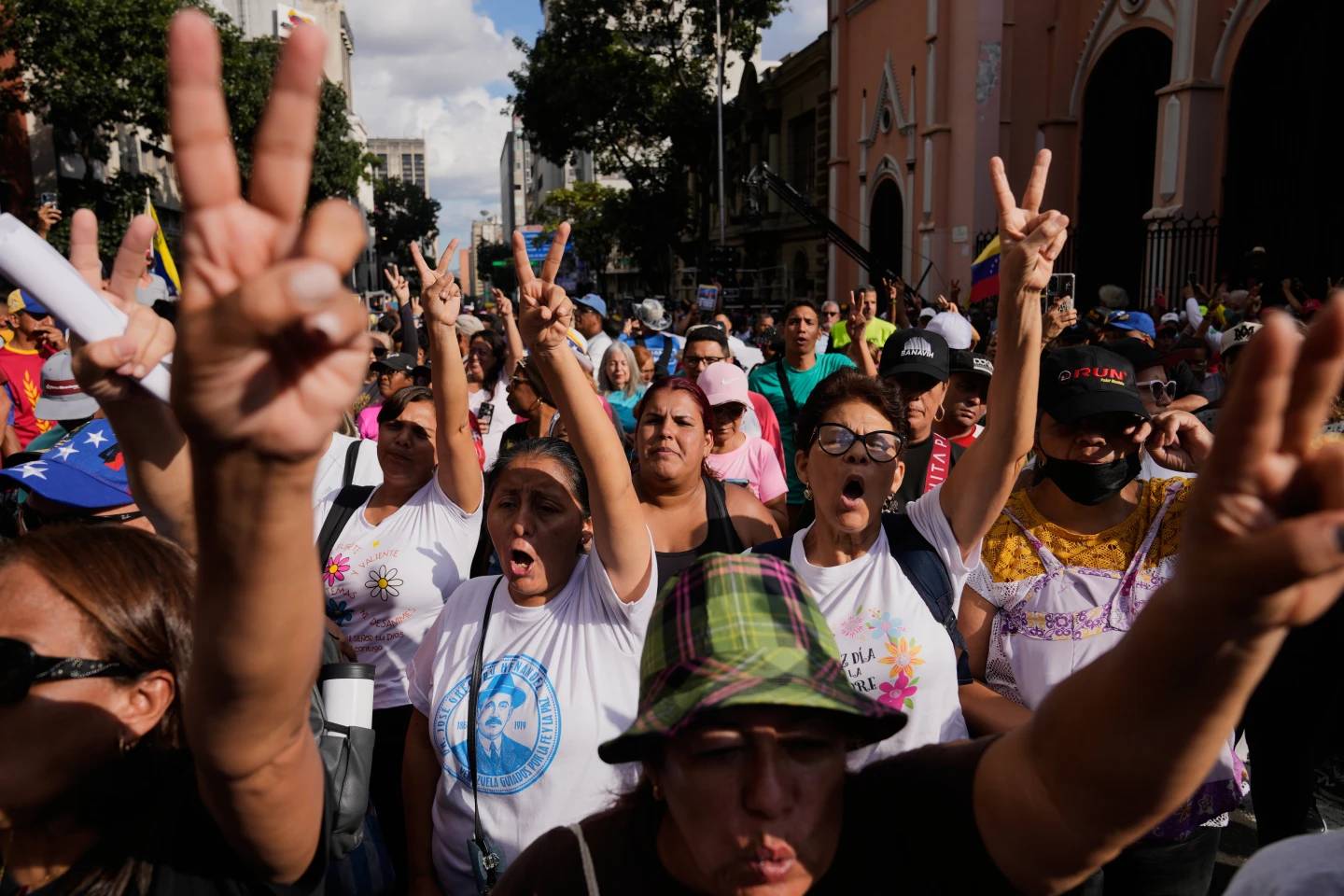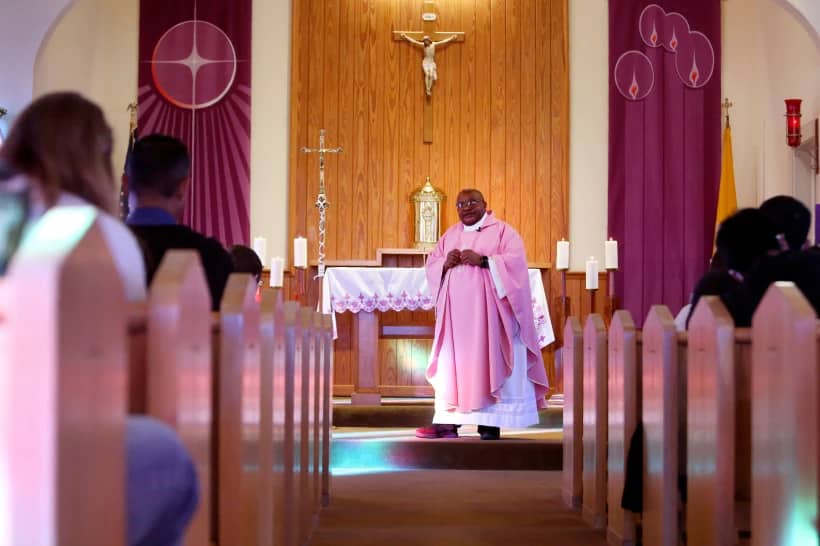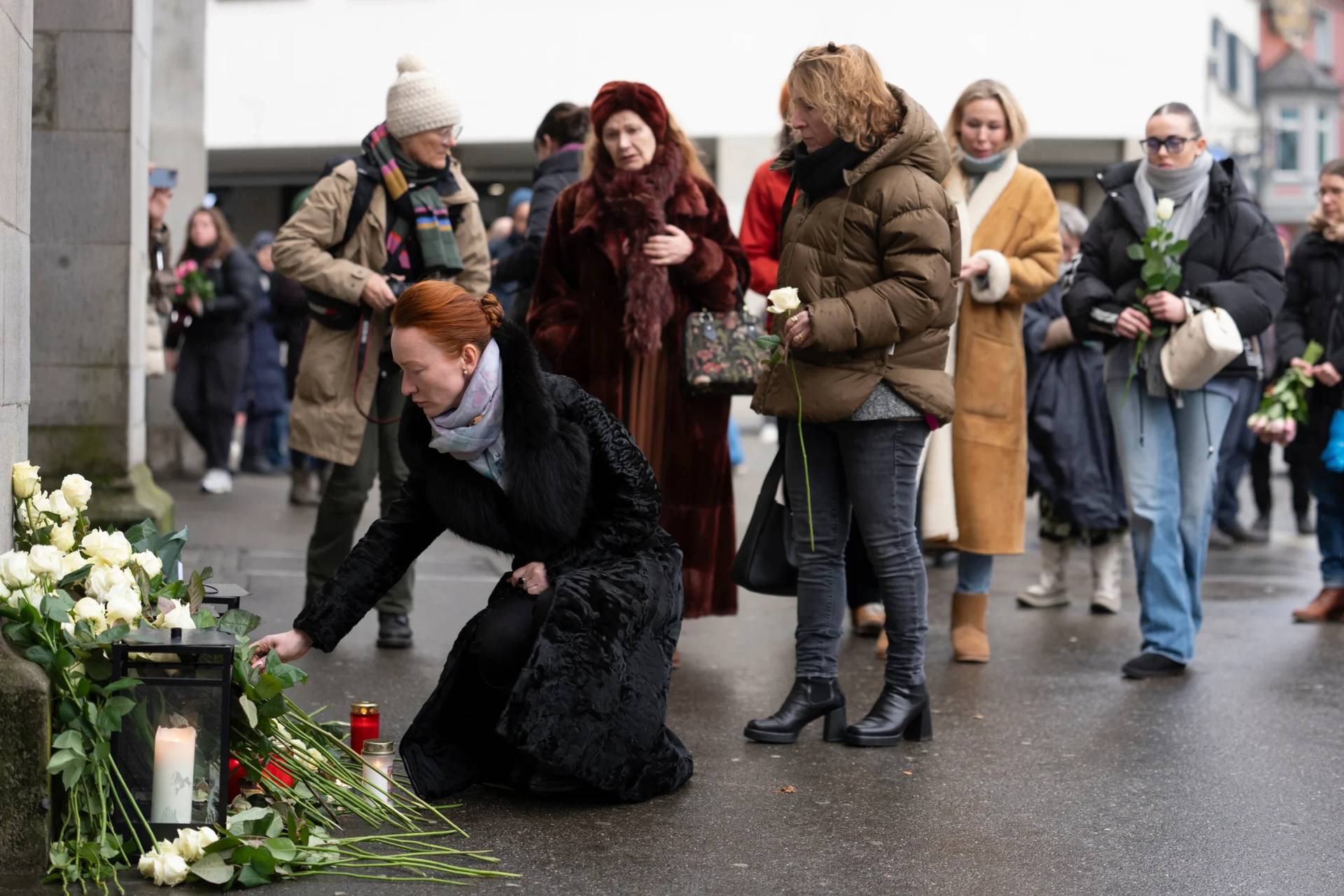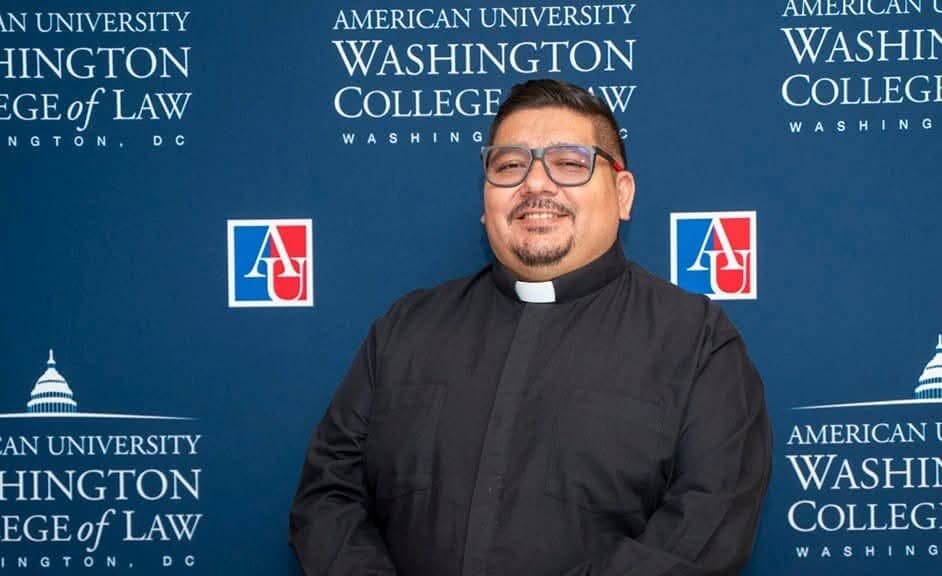SYDNEY/MELBOURNE — It’s undoubtedly an exaggeration to suggest that the entire nation of Australia will come grinding to a halt next Monday at 8 a.m. local time, when Cardinal George Pell is set to begin giving live video testimony before a Royal Commission examining child sexual abuse scandals.
Still, it sort of feels like that here right now.
I’m in Australia this week, not to cover the Pell story, but to speak at several venues. It’s impossible to move around, however, especially in Catholic circles, without the conversation turning sooner or later to Pell and his discontents.
In Australia, Pell has become the public face of what’s perceived as a callous Church response to the abuse scandals. He’s been parodied in a derisive song calling him “scum” and a “coward,” he’s become a staple of news chat, and right now a bright red wagon is being pulled through the streets of the city of Ballarat, where the Royal Commission is meeting, with the slogan, “Pope must act: Sack Pell now!”
In part, the attacks on Pell are about substance: whether at various points in his career he knew about abuse that was going on and either failed to act, or acted primarily to protect the Church’s interests. In part, too, it’s about his pugnacious, strongly conservative public persona and his seeming inability to project the contrition that many Aussies appear to want.
Whether the tidal wave of criticism is fair is the subject of fierce debate, but there’s no denying it’s there.
Pell, 74 and currently the Vatican’s top financial official, will be testifying beginning Monday via video link from a conference room in the Hotel Quirinale in Rome, which will be streamed live on the commission’s website each day. In Ballarat, one of the epicenters of the abuse crisis here and the focus of this hearing, a room has been set aside in the Town Hall for people to watch the webcast.
Pell is from Ballarat, and is expected to be asked about his time as a priest there, including whatever knowledge he may have had of Gerald Ridsdale, Australia’s most notorious abuser priest. Pell briefly lived in the same residence with Ridsdale, who has since been laicized, although Ridsdale in his own testimony has said he didn’t discuss his conduct with Pell.
Pell is also expected to be asked his role as an auxiliary bishop and later archbishop of Melbourne. A group of 15 abuse survivors and family members will be in the hotel conference room in Rome as Pell is deposed, with the costs of their trip paid for by an online crowdfunding campaign.
Pell may not, however, face questions about old accusations, which recently resurfaced, that he personally abused five to 10 boys decades ago, charges which are now the object of a probe by a police task force linked to the Royal Commission. Pell has described the accusations as “utterly false,” noting that they were investigated 15 years ago by a retired judge and not substantiated.
Many of Pell’s defenders smell a political rat, believing the investigation was leaked in order to inflict maximum damage on Pell ahead of his appearance. A spokesman for the commission indicated that since those charges are the focus of a criminal investigation, they may not come up at this week’s hearing.
All told, Pell is expected to testify for roughly four hours a day, for three or four straight days. It would be a grueling experience under any circumstances, made all the more daunting by the fact that given the time difference between Rome and Sydney, Pell will begin his testimony each evening at around 10 p.m. and likely not finish before 2 a.m.
For the record, it’s the third time he will have given testimony to the commission, either in person or by video link.
As an outsider, it’s obviously not for me to assess the merits of complaints about Pell’s record in Australia. I will say, however, that even some Australians I met this week who describe themselves as critics or rivals of Pell from way back expressed concern that in this environment, a fair hearing may be hard to achieve.
What I can comment on is a curious missing element in most Australian discussion about Pell. It’s the role he now plays in Rome, where he serves as secretary for the economy, a position created by Pope Francis in 2014 to lead a charge for financial reform.
There’s an almost Alice-in-Wonderland disjunction between public images of Pell in his home country, and how he’s viewed in the Vatican.
In Australia, Pell has come to be seen as the embodiment of the Church’s dark past, of a corrupt old-guard system of clergy taking care of their own and sweeping problems under the rug. In Rome, however, it’s entirely the reverse — there is a similar well-entrenched clerical old guard in the Vatican, and there, Pell is seen as its mortal enemy.
The divisions in the Vatican over the financial reform Francis wants, and which Pell is attempting to execute, fundamentally have little to do with ideology. Rather, it’s about transparency, accountability, and integrity, about making sure resources serve the Church’s ends and not somebody’s personal agenda.
Granted, those are easy virtues to spout but much harder to implement, and there’s a lively debate about how successful Pell’s financial reform will turn out to be. Some believe that so far it’s mostly smoke and mirrors: great on rhetoric, but with little real change.
At the big-picture level, however, there’s no question that Pell is not on the side of the Vatican’s old guard — he’s the antidote to it.
It’s striking how little that profile is known in Australia, even among active Catholics. Frankly, many Australians will tell you they thought Pell’s appointment in February 2014 was simply a make-work assignment to justify getting him out of the country, and have precious little idea what he’s been up to since.
It’s not clear why that aspect of the Pell story doesn’t resonate much in the Australian discussion, save perhaps for the fact that it simply doesn’t fit the narrative he now carries around.
In any event, Pell’s friends might be well advised to talk more about it.
Naturally, the truth or falsehood of the charges against Pell doesn’t depend on their impact on Vatican politics. Still, it’s a bit of an eye-opener for many people here to learn that the Vatican figures most people would instinctively cheer for — beginning, of course, with Pope Francis himself — are not the ones who would be happy if Pell goes down.














